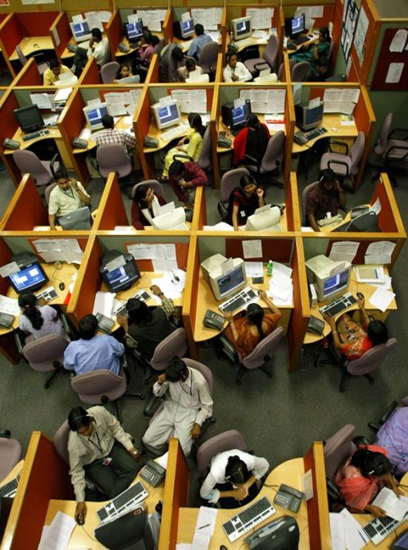
It’s no secret that the U.S. is facing some terrible labor market conditions as the unemployment rate remains high, and many people are looking for a job with very little success. In these conditions, how much do you value a job offer? One organization seems to think that $2,500 is a good number, and if you are willing to pay it, they will guarantee you a job offer of $100,000/year or more! Sounds like quite a deal, right? Well, of course, there’s a catch. This organization, called TheLadders, is only opening this offer up to certain job applicants who meet their requirements. These requirements aren’t exactly clear, but it does involve a screening process. TheLadders is a job search company that targets high paying jobs and the type of workers that tend to occupy them. In this article, the question of, “Are these the people who really need help finding a job?” is raised, and the answer, based on the data, seems to be no. Nonetheless, if you happen to have a stellar resume, an extra $2,500 lying around, and are willing to jump through a few hoops to prepare you for the job search, then this offer may just be what you’re looking for.
Source: Slate Magazine










Join the Discussion! (No Signup Required)